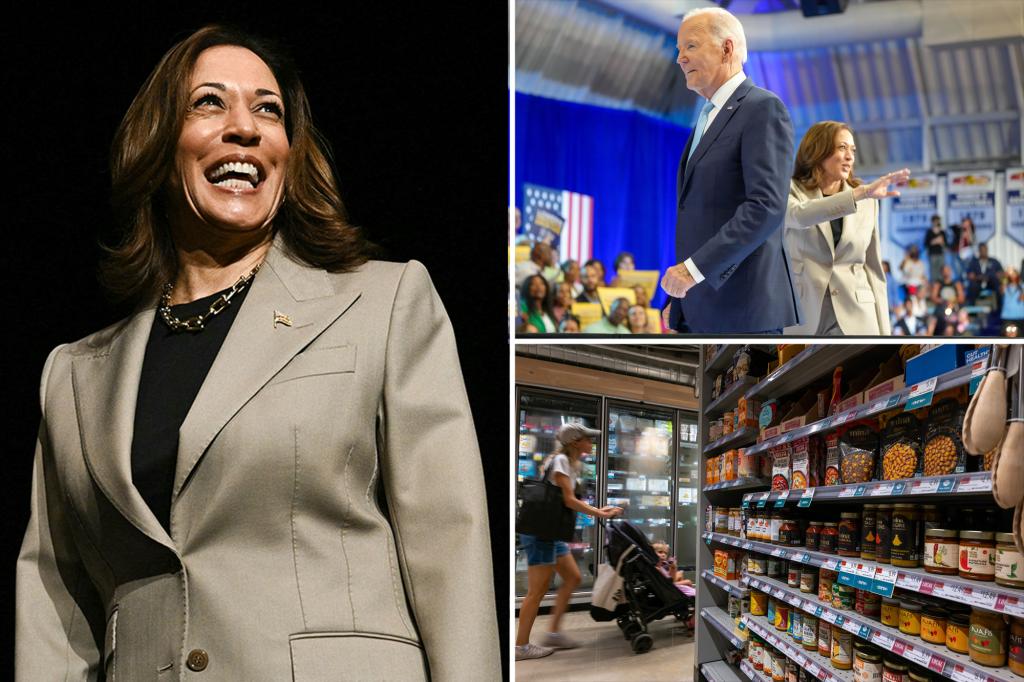Vice President Kamala Harris recently unveiled a plan to grant the federal government new authority to control food and grocery prices, arguing that this measure would help reduce grocery costs for Americans and keep inflation in check. However, several Republicans and economists have criticized the plan, referring to it as “big government on steroids” and “economic lunacy.” Senator Rick Scott argued that Harris’s proposal misses the mark when it comes to addressing inflation, noting that price gouging is already illegal and not the cause of high prices.
Jared Walczak, a researcher at the Tax Foundation, pointed out that grocery stores operate on slim profit margins, with grocers making only a 1.2% profit margin last year compared to 8.5% profit margins across all industries. He highlighted that government policies are a significant driver of increasing costs and imposing penalties for high prices could distort markets further to the detriment of consumers. Senator Mike Lee dismissed Harris’s plan, arguing that more government regulations are not the solution to bringing down grocery prices and could ultimately lead to scarcity of essential goods.
Samuel Gregg, an economist at the American Institute for Economic Research, called Harris’s proposal “economic lunacy” and warned against the consequences of implementing price controls. He emphasized that price controls have historically led to shortages, misallocations of capital, and distortions in market signals. Gregg referenced historical attempts at price controls under Republican and Democratic administrations, noting that they have always resulted in shortages and hardship. He called on fiscally responsible Democrats to denounce the plan as irresponsible.
Harris’s plan targets big corporations that are accused of exploiting consumers by running up excessive profits on food and groceries. The proposal aims to empower the Federal Trade Commission and state attorneys general to impose harsh penalties on companies that violate the price controls and identify anti-competitive practices in the food and grocery industries. The plan will be presented to voters at a rally in North Carolina in the coming days amidst anticipation from critics and supporters alike.
Critics of Harris’s plan believe that government intervention in setting prices for essential goods like food and groceries could have detrimental effects on the economy. They argue that price controls do not address the root causes of inflation or high prices and could instead lead to shortages and market distortions. Economists caution that imposing penalties on companies for high prices may further disrupt supply chains and distort incentives for producers. Despite the intent to lower grocery costs for Americans, Harris’s proposal has sparked a debate on the role of government in regulating prices and its potential impact on consumer welfare and market efficiency.
In light of the criticism from Republicans and economists, the Harris campaign faces challenges in justifying its proposed price controls on food and groceries. As the plan is set to be officially unveiled, the debate over the role of government in controlling prices and addressing inflation continues to intensify. The potential consequences of implementing such far-reaching measures on consumer choice, market dynamics, and economic stability are subject to scrutiny as Harris aims to address growing concerns over rising costs of essential goods. Ultimately, the effectiveness and implications of Harris’s plan will be closely monitored as policymakers and experts evaluate its impact on the economy and consumer well-being.














